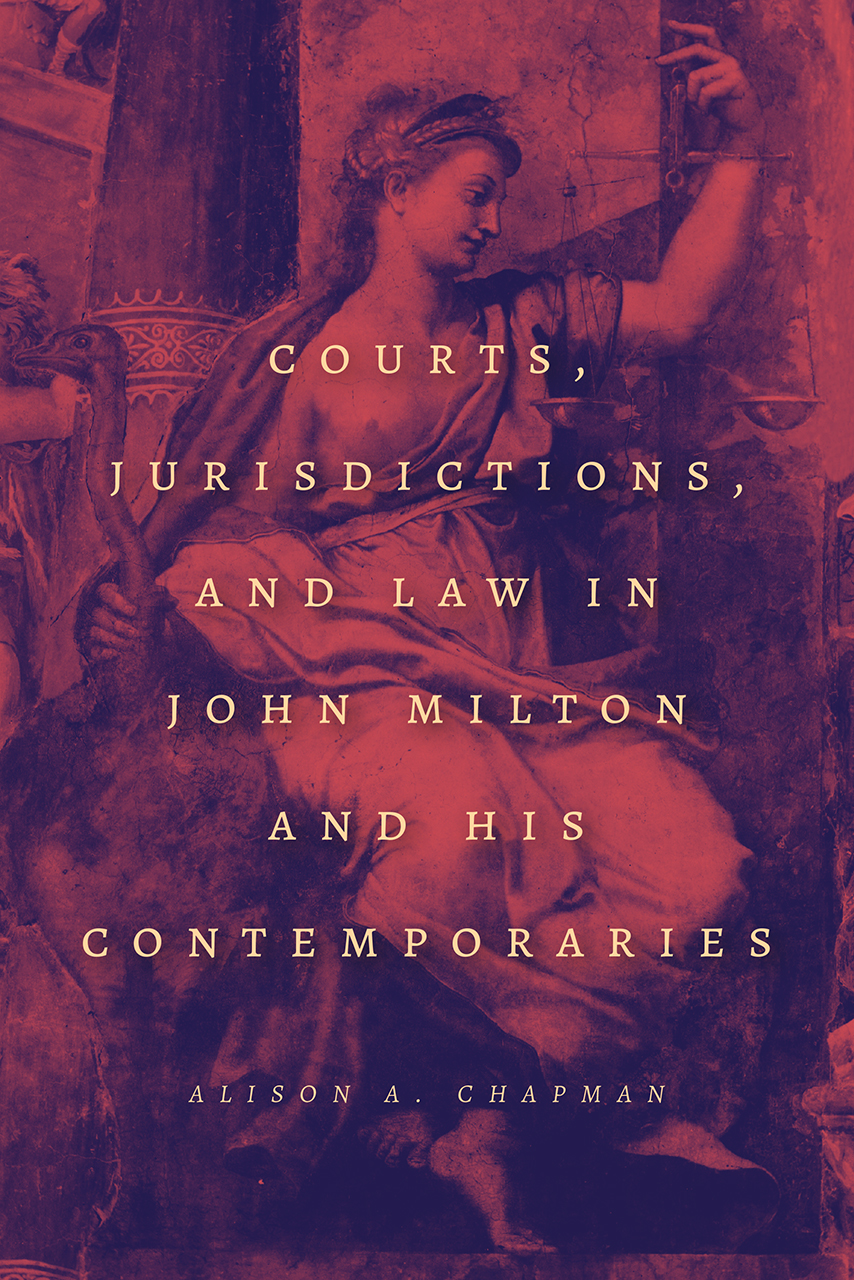The University of Chicago Press
has published a new book on law in the 17th century English poet
John Milton’s work.
ABOUT THE BOOK
John Milton is widely known as
the poet of liberty and freedom. But his commitment to justice has been often
overlooked. As Alison A. Chapman shows, Milton’s many prose works are saturated
in legal ways of thinking, and he also actively shifts between citing Roman,
common, and ecclesiastical law to best suit his purpose in any given text. This
book provides literary scholars with a working knowledge of the multiple,
jostling, real-world legal systems in conflict in seventeenth-century England
and brings to light Milton’s use of the various legal systems and vocabularies
of the time—natural versus positive law, for example—and the differences
between them.
Surveying Milton’s early
pamphlets, divorce tracts, late political tracts, and major prose works in
comparison with the writings and cases of some of Milton’s
contemporaries—including George Herbert, John Donne, Ben Jonson, and John
Bunyan—Chapman reveals the variety and nuance in Milton’s juridical toolkit and
his subtle use of competing legal traditions in pursuit of justice.
ABOUT THE AUTHOR
Alison A. Chapman is professor of
English at the University of Alabama at Birmingham.
TABLE OF CONTENTS
A Note on Texts
List of Abbreviations
Preface: Making Sense of Many Laws
Chapter 1: Introduction
Chapter 2: Defending One’s Good Name: Free Speech in the Early Prose
Chapter 3: Monstrous Books: Areopagitica and the Problem of
Libel
Chapter 4: Civil Law and Equity in the Divorce Tracts
Chapter 5: Defending Pro Se Defensio
Chapter 6: The Tithes of War: Paying God Back in Paradise Lost
Chapter 7: “Justice in Thir Own Hands”: Local Courts in the Late Prose
Afterword: Justice in the Columbia Manuscript
Acknowledgments
Bibliography
Index
More info here


No comments:
Post a Comment